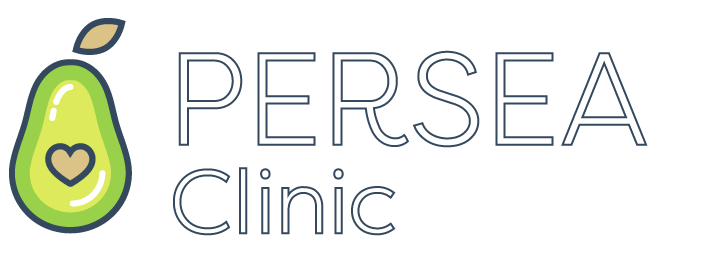January is that classic time of the year which brings excitement for the year ahead but at the same time a lack of sun and the post Christmas slump can lead us towards January blues! As I often find myself feeling this way at this time of the year I thought I would write about 4 simple things that could potentially help you to overcome that bundle of emotions.
In the first of 4 posts, today we’ll cover a subject we never get enough of…
Sleep - Although some of us think we don’t need much sleep or are sometimes proud to boast how little we get, the reality of how much we need is very different. According to the multiple studies an adult (16-84) needs between 7-9h sleep and senior (65 and older) 7-8h sleep. Sleep is a very important aspect of our life and not only how much we get but also its’ quality. Melatonin is a hormone released at night which helps to control the day and night sleep-wake cycle. The sleep hormone melatonin also plays a role in weight loss and blood sugar control. Recent studies suggest that melatonin encourages weight loss by utilising energy-burning “beige fat” - fat cells which are located near the collarbone and along the spine in adults. This could potentially have a therapeutic effect at treating obesity and diabetes 2. Melatonin has also been linked to blood glucose and blood pressure management. Studies suggest that sleep deprivation may reduce the insulin sensitivity and glucose metabolism resulting in weight gain. Daylight and artificial light emission (blue light: mobile phones, tablets, TVs and computers) may decrease the production of melatonin resulting in disturbed sleep - so avoid digital screens an hour or so before bedtime which will allow your body to wind down. You can increase quality hours of sleep by improving “sleep hygiene” practices i.e. using an eye mask, reduce light in the room with thick curtains (black out), avoiding stimulants such as alcohol, nicotine and coffee which can induce cortisol - stress hormone production three hours before bedtime and the use of essential oils (i.e. frankincense, camomile, lavender) to relax the mind before sleep. An insufficient amount of sleep can impact the production of hormones (leptin and ghrelin) which control our appetite and stimulates the secretion of human growth hormone (GH).
We can also support the steady production of melatonin by including good sources of certain amino acids such as Thryropan found in eggs, salmon, nuts and pumpkinseeds, turkey, cheese, pineapples which is one of the components required to make melatonin and sleep promoting minerals such as Magnesium contained in: green leafy vegetables, raspberries, figs, peas, broccoli’s, artichokes, quinoa, asparagus, cabbage, raw cacao, dark chocolate, seafood (salmon, tuna) and brown rice.
Having a good source of foods which naturally contain melatonin may also benefit a good night’s sleep. Good sources include: sunflower seeds, walnuts, tomatoes, sour cherries, montomercy cherry, strawberries, black olives, cardamon and coriander. Eating a light nighttime snack before bed which contains Tryphopan and melatonin may not only boost your melatonin production but may also help control your blood sugar (which I will talk about in a forthcoming post) aiding in a good nights sleep. For acute sufferers of seasonal affective disorder (SAD), light therapy is proven to help people by affecting brain chemicals linked to mood and sleep. Light therapy mimics natural outdoor light and stimulates the release of neurotransmitters (i.e. dopamine) in the brain responsible for regulation of sleep, cognition, mood and motivation. Sufficient exposure to light earlier in the day will also allow more melatonin to be produced at nighttime.
Boost your motivation levels this January by investing in a portable SAD light therapy lamp which you can carry with you and use it while you are working. Invest in light therapy which is proven to help people with seasonal affective disorder (SAD) and also improves sleep. I bought a little SAD lamp which is one of the must haves this January, it really does help.
And remember to get outside when the sun’s out to soak up natural daylight where possible!
🥑


